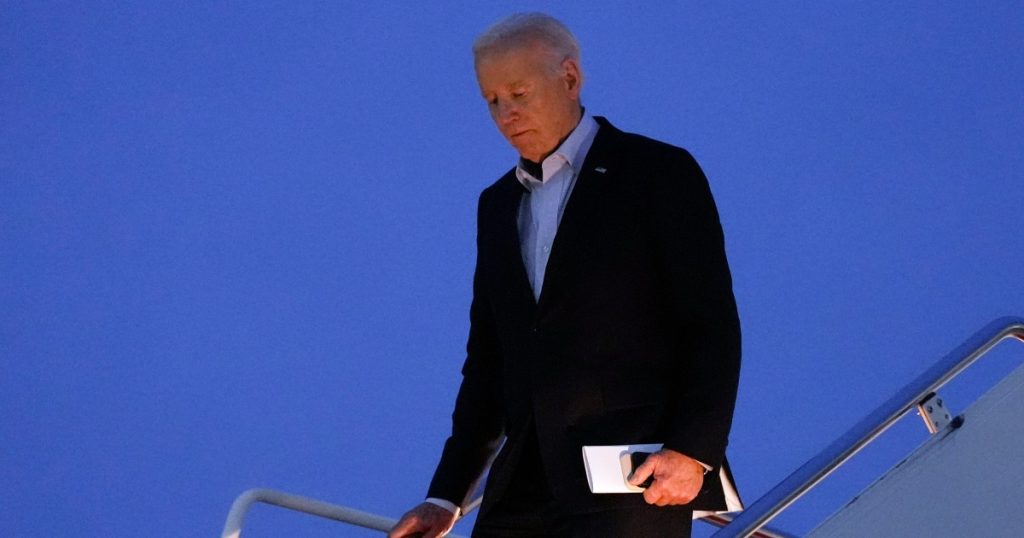President Joe Biden made remarks during a campaign fundraising event that referred to Japan and India as “xenophobic” countries that do not welcome immigrants. Both Japan and India strongly rejected these comments, with Japan stating that Biden’s judgment was based on inaccurate information and India asserting itself as the world’s most open society. Biden had grouped Japan and India with Russia and China as struggling economies, contrasting them with the U.S. as a nation of immigrants.
Both Japan and India are key U.S. allies, and are part of the Quad, a U.S.-led informal partnership designed to counter Chinese assertiveness in the Indo-Pacific region. Recently, Biden hosted Japanese Prime Minister Fumio Kishida and reaffirmed the strong alliance between the two countries. Indian Prime Minister Narenda Modi also visited Washington last year and was welcomed by business and political leaders. The White House clarified that Biden had no intention of undermining the relationship with Japan and meant no offense with his remarks.
In response to Biden’s comments, a Japanese government official expressed disappointment that the remarks were not based on an accurate understanding of Japanese policies. However, the official acknowledged that Biden was emphasizing the importance of immigrants as a strength of America. Japan-U.S. relations were said to be stronger than ever following Prime Minister Kishida’s visit to the U.S. in April. Likewise, India’s External Affairs Minister S. Jaishankar rejected Biden’s comments, stating that India is the most open and pluralistic society in the world, with an annual GDP growth of 7%.
Biden’s comments were made during a fundraiser event where he highlighted the importance of immigrants to the U.S. economy. He suggested that China, Japan, Russia, and India were struggling economically due to being xenophobic and not welcoming immigrants. While Japan has traditionally had strict immigration policies, they have recently eased restrictions in response to declining birth rates and a shrinking population. India enacted a new citizenship law this year that offers fast-track naturalization for certain religious groups, excluding Muslims, which has been controversial.
Overall, both Japan and India strongly rejected Biden’s characterization of them as xenophobic countries. They highlighted their efforts to welcome immigrants and their open and pluralistic societies. Despite the controversy, the relationships between the U.S., Japan, and India remain strong, with ongoing efforts to counter Chinese assertiveness in the region. Biden’s comments have sparked debate over immigration policies and economic growth in these countries, and have drawn attention to the complexities of global relations and international cooperation.


